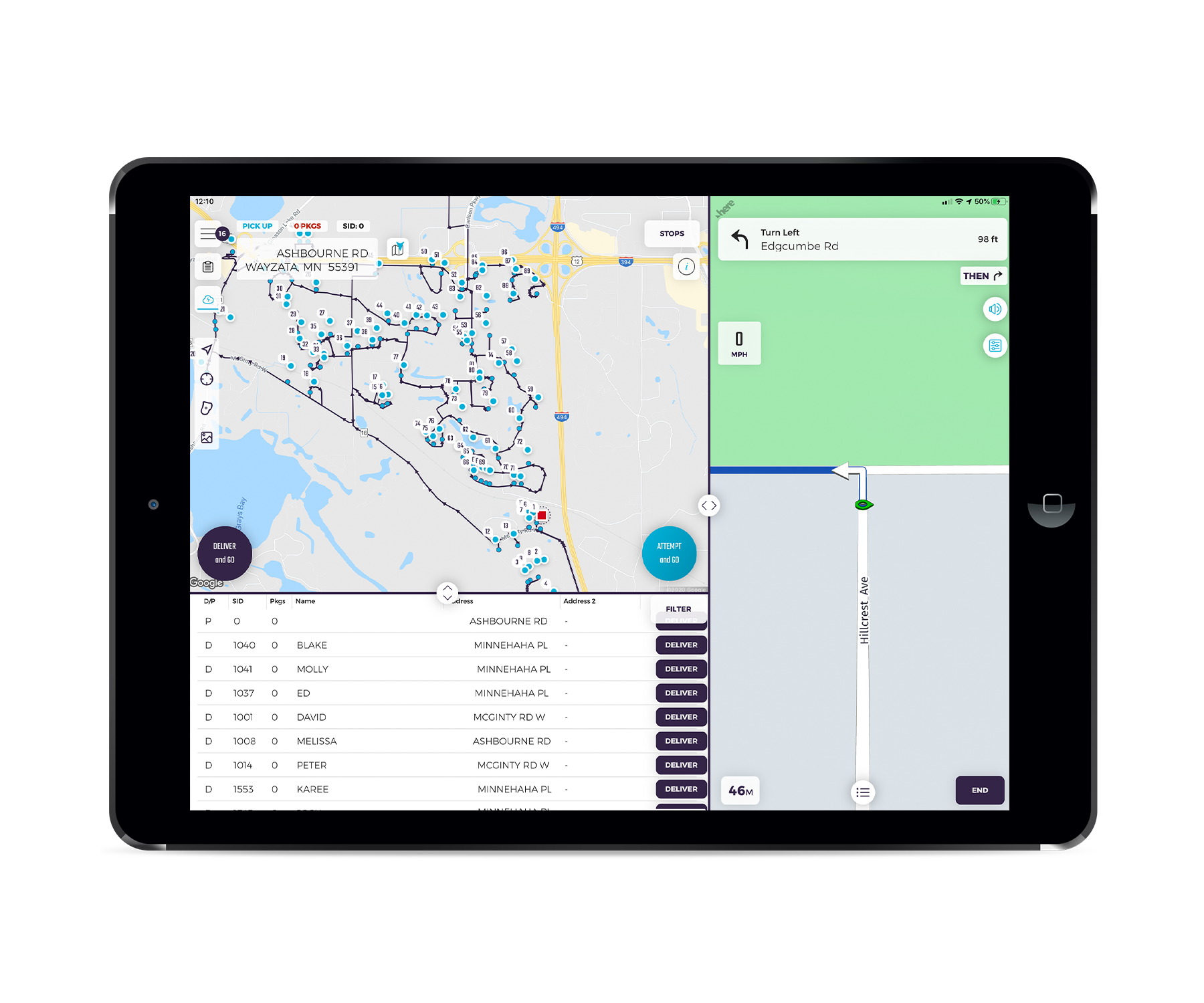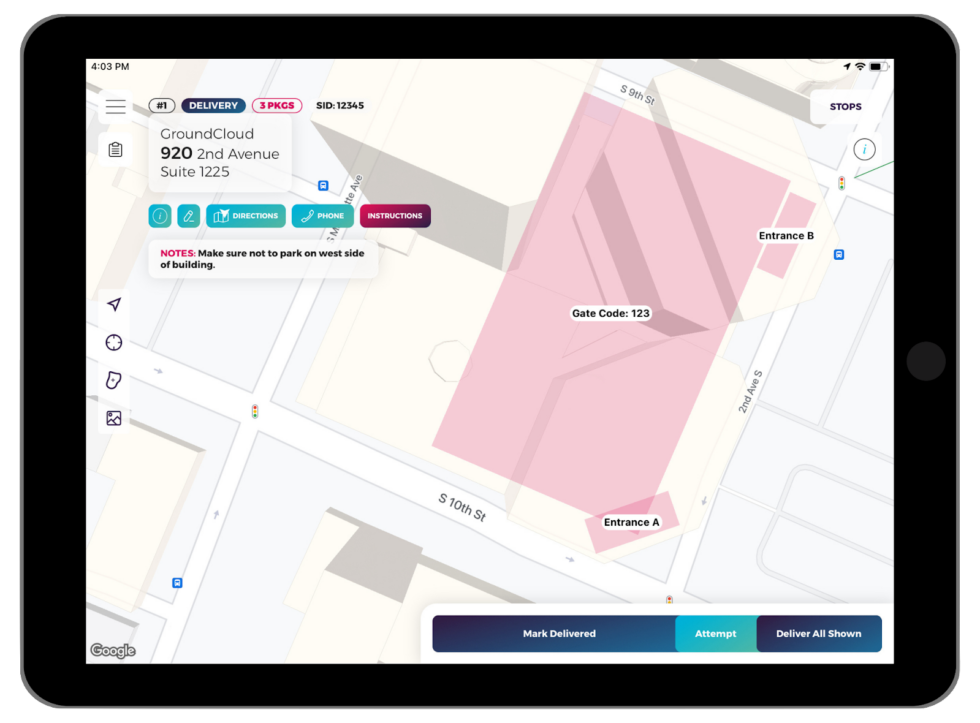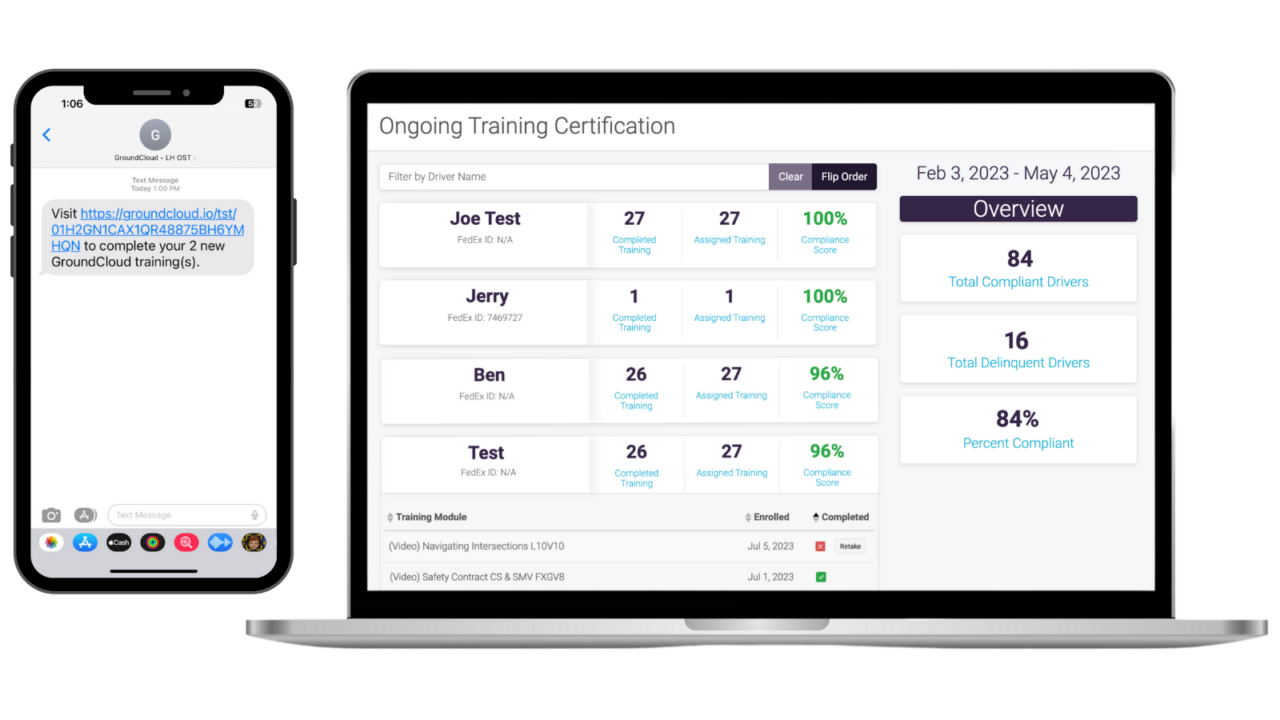Ever wondered what ground cloud really is and how it could transform the way we manage data? Ground cloud has been making waves in tech circles, and for good reason. It's not just another buzzword; it's a game-changing approach to data storage and processing that could redefine how businesses operate. So, buckle up because we're diving deep into this fascinating topic.
Let's get real here, folks. The world of technology is evolving faster than ever, and with that comes new ways to handle data. Ground cloud isn't just about storing files; it's about efficiency, scalability, and security. Whether you're a tech enthusiast or a business owner looking to optimize your operations, understanding ground cloud could be the key to unlocking new possibilities.
Now, I know what you're thinking. "Another tech term to wrap my head around?" Trust me, it's worth it. Ground cloud offers solutions that are tailored to modern challenges, from reducing costs to enhancing performance. So, let's break it down together and see why everyone's talking about it. Ready? Let's go!
Read also:Unveiling The Magic Of Uwajimaya Bellevue Your Ultimate Guide
What Exactly is Ground Cloud?
Ground cloud, in simple terms, is a type of data storage and processing system that operates closer to the physical location of the data source. Unlike traditional cloud computing, which relies on centralized data centers, ground cloud leverages distributed networks of smaller data centers or edge devices. This setup allows for faster data processing and reduced latency, making it ideal for applications that require real-time data handling.
Think of it like this: instead of sending all your data to a distant cloud server, ground cloud processes it locally or near the source. This not only speeds things up but also enhances security by minimizing the distance data has to travel. It's like having a mini-cloud in your backyard, ready to handle all your data needs.
Why Ground Cloud Matters
Here's the deal: ground cloud isn't just a fancy new tech term; it addresses real-world problems. In today's fast-paced digital landscape, businesses need solutions that can keep up with the demands of real-time data processing. Ground cloud offers just that, providing a flexible and efficient way to manage data. Let's look at some key reasons why ground cloud is becoming a must-have:
- Enhanced Speed and Performance: With data processed closer to the source, ground cloud significantly reduces latency, making it perfect for applications that require instant responses.
- Improved Security: By limiting the distance data travels, ground cloud reduces the risk of breaches and unauthorized access.
- Cost Efficiency: Ground cloud can lower operational costs by optimizing resource usage and reducing the need for extensive infrastructure.
The Evolution of Ground Cloud Technology
Ground cloud didn't just appear out of thin air. It's the result of years of technological advancements and evolving needs in the tech industry. As more businesses moved to the cloud, the limitations of centralized data centers became apparent. Enter ground cloud, a solution that combines the best of both worlds: the flexibility of cloud computing with the efficiency of localized data processing.
The evolution of ground cloud technology has been driven by several factors, including the rise of IoT devices, the increasing demand for real-time data processing, and the need for more secure and efficient data management solutions. Today, ground cloud is at the forefront of innovation, offering businesses a way to stay competitive in an ever-changing digital landscape.
Key Players in the Ground Cloud Market
Several companies are leading the charge in ground cloud technology, each bringing its own unique approach to the table. Some of the key players include:
Read also:Tyrone Robinson The Rise Challenges And Legacy Of A Football Icon
- Amazon Web Services (AWS): Offering a range of ground cloud solutions tailored to different business needs.
- Microsoft Azure: Providing robust ground cloud services with a focus on scalability and security.
- Google Cloud: Innovating with ground cloud technologies that enhance performance and efficiency.
Benefits of Using Ground Cloud
Now that we've established what ground cloud is and why it matters, let's dive into the benefits. The advantages of using ground cloud are numerous, and they span across various industries. Whether you're in healthcare, finance, or retail, ground cloud can offer solutions that are tailored to your specific needs.
Here are some of the top benefits of adopting ground cloud technology:
- Increased Efficiency: Ground cloud optimizes data processing, leading to faster and more efficient operations.
- Enhanced Security: With data processed closer to the source, ground cloud reduces the risk of breaches and unauthorized access.
- Cost Savings: By optimizing resource usage and reducing the need for extensive infrastructure, ground cloud can lower operational costs.
Real-World Applications of Ground Cloud
Ground cloud isn't just theoretical; it's being used in real-world applications across various industries. From healthcare to finance, businesses are leveraging ground cloud to improve their operations and stay competitive. Here are some examples:
- Healthcare: Ground cloud is being used to process patient data in real time, leading to faster diagnoses and better patient care.
- Finance: Financial institutions are using ground cloud to enhance security and improve the speed of transactions.
- Retail: Retailers are leveraging ground cloud to optimize inventory management and enhance the customer shopping experience.
Challenges and Considerations
While ground cloud offers numerous benefits, it's not without its challenges. Businesses looking to adopt ground cloud technology need to consider several factors, including:
Firstly, the initial setup costs can be significant, especially for smaller businesses. However, these costs are often offset by long-term savings and increased efficiency. Secondly, managing a distributed network of data centers or edge devices requires specialized skills and expertise. Lastly, ensuring compatibility with existing systems and infrastructure is crucial for a successful implementation.
Overcoming Ground Cloud Challenges
So, how can businesses overcome these challenges? Here are a few strategies:
- Partner with experienced providers who can offer guidance and support throughout the implementation process.
- Invest in training and development to ensure your team has the necessary skills to manage a ground cloud system.
- Conduct thorough assessments to ensure compatibility with existing systems and infrastructure.
Future Trends in Ground Cloud
Looking ahead, the future of ground cloud looks bright. As technology continues to evolve, we can expect to see several trends emerge in the ground cloud space. These include:
Advancements in AI and machine learning will play a significant role in enhancing ground cloud capabilities, allowing for even more efficient data processing and analysis. Additionally, the rise of 5G networks will further enhance the performance of ground cloud systems, enabling faster and more reliable data transmission. Finally, the increasing adoption of IoT devices will drive the demand for ground cloud solutions that can handle the massive amounts of data generated by these devices.
Preparing for the Future of Ground Cloud
Businesses looking to stay ahead of the curve need to start preparing for the future of ground cloud now. This involves:
- Investing in cutting-edge technologies that can enhance ground cloud capabilities.
- Building partnerships with industry leaders to stay informed about the latest trends and developments.
- Continuously evaluating and updating systems to ensure they remain compatible with emerging technologies.
Expert Insights on Ground Cloud
To get a better understanding of ground cloud, we spoke with industry experts who shared their insights on the technology. Here's what they had to say:
"Ground cloud represents a paradigm shift in how we approach data management," said Jane Doe, a leading tech analyst. "It's not just about faster processing; it's about creating a more secure and efficient data ecosystem." Similarly, John Smith, CTO of a major tech company, emphasized the importance of ground cloud in driving innovation. "As businesses continue to embrace digital transformation, ground cloud will play a crucial role in enabling new possibilities and unlocking new opportunities."
Building Trust in Ground Cloud Technology
Trust is a critical factor when it comes to adopting new technologies like ground cloud. Businesses need to ensure that the solutions they choose are reliable, secure, and effective. This involves:
- Selecting reputable providers with a proven track record in the industry.
- Conducting thorough evaluations to assess the performance and security of ground cloud systems.
- Building relationships with experts who can offer guidance and support throughout the implementation process.
Conclusion: Why Ground Cloud is the Future
In conclusion, ground cloud is more than just a buzzword; it's a transformative technology that's reshaping the way we manage data. From enhancing speed and performance to improving security and reducing costs, ground cloud offers solutions that are tailored to modern challenges. As businesses continue to embrace digital transformation, ground cloud will play a crucial role in enabling new possibilities and unlocking new opportunities.
So, what are you waiting for? Dive into the world of ground cloud and see how it can revolutionize your data infrastructure. And don't forget to leave a comment or share this article with your network. Together, let's explore the future of data management!
Table of Contents
- What Exactly is Ground Cloud?
- Why Ground Cloud Matters
- The Evolution of Ground Cloud Technology
- Key Players in the Ground Cloud Market
- Benefits of Using Ground Cloud
- Real-World Applications of Ground Cloud
- Challenges and Considerations
- Overcoming Ground Cloud Challenges
- Future Trends in Ground Cloud
- Preparing for the Future of Ground Cloud
- Expert Insights on Ground Cloud
- Building Trust in Ground Cloud Technology


